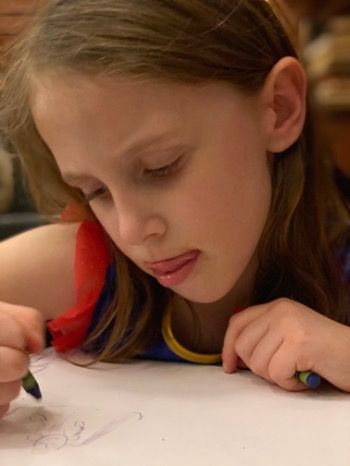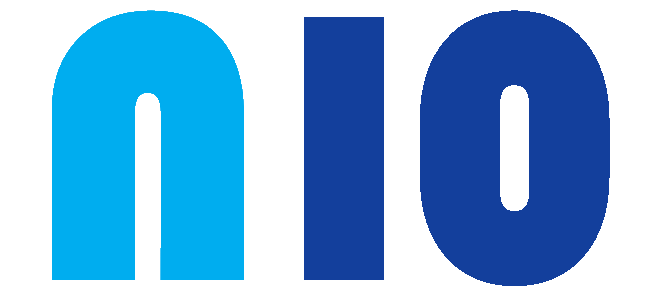A solution to modern way to collaborate, meet and learn
For six months during lockdown I remotely homeschooled my six year old niece and was totally frustrated at how difficult existing tools were to use, and how limited they were in their delivery and engagement.
Iolo Jones

For six months during lockdown I remotely homeschooled my six year old niece and was totally frustrated at how difficult existing tools were to use, and how limited they were in their delivery and engagement.

As Chairman of one of the UK’s most innovative e-learning and VR companies I decided to do something about it, just as I had done with TV in the late 90s when Web Channels and then Narrowstep invented cloud based platforms for delivery video and TV.
So, I sketched out that I thought the ideal tool for delivering my daily one hour lessons on narrow KS1 curriculum subjects such as Shapes, Africa and woodwind instruments should look like.
Obviously, it all needed to work over Skype, which is how we held the lessons, or any other similar platform.
The sources I tended to use were on the web (Khan Academy, BBC Bitesize, Twinkl, TES, etc..), were images, sounds and a lot of video, mostly from YouTube, combined with PDFs from her school and elsewhere and my own Powerpoint and Word documents.
At the end of the lesson would be some homework and maybe some assessment, so there also needed to be a feedback mechanism.
But then it occured to me that there were applications in many other areas such as marketing, communications and even legal fields.
Quedl evolved so that you can build a streaming TV or audio service and add commercial aspects such as the sale of merchandising and tickets.
Or you can use it personally, to specify jobs that need doing and send them to a tradesman, take insurance inventories or build scrapbooks for your hobbies and share them online.
In fact, I have to admit that I do not know where this journey will take us.
So, I'd invite you to sign up and create your own Quedls and share them with the world!
